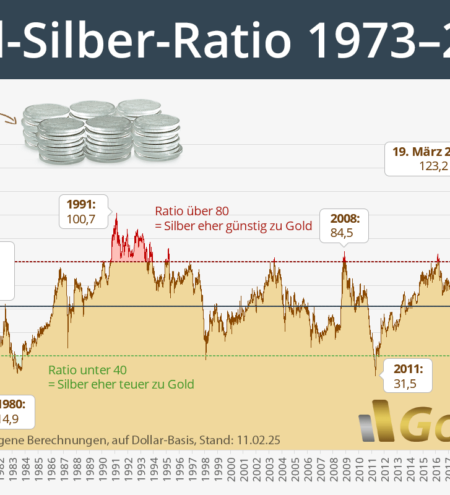The gold market continues to consolidate below $3,400 an ounce as geopolitical tensions in the Middle East remain contained within the region.
While risk events are creating some volatility in the gold market, one portfolio manager said that investors should remain focused on the broader global economic picture.
In an interview with Kitco News, Richard Laterman, Portfolio Manager at ReSolve Asset Management, said that gold remains in a solid uptrend as it continues to be an important monetary asset and a hedge against the devaluation of global currencies. The Canadian firm manages more than $300 million in assets.
Laterman noted that gold has hit all-time highs against all major currencies this year. Most notably, gold is up nearly 30% this year against the U.S. dollar. The rally comes as Congress debates a new funding bill that would cut taxes and increase government debt by nearly $4 trillion.
“This is a powerful story when we look at currency debasement risk,” he said. “This ‘big, beautiful bill’ is helping to solidify the notion that the U.S. won’t really be doing anything about its deficits anytime soon.”
Despite the growing risks to the global economy, Laterman highlighted recent data showing that gold accounts for only around 1% of global investment assets. He added that he expects this demand to increase as investors seek assets to protect their wealth.
Laterman warned that governments may have to print more money to service their unsustainable financial obligations, potentially leading to a debt spiral that drives inflation higher and stifles economic growth.
“From an allocation standpoint, gold can be the asset that helps alleviate the risk central banks might face in a fiscal dominance scenario,” he said. “Gold is nobody’s liability, so that makes it the perfect monetary asset in this environment.”
Laterman also said it is unlikely the government will be able to grow its way out of its fiscal hole, and allowing inflation to rise may be the only solution.
Not only is the U.S. struggling to get its fiscal house in order, but President Donald Trump’s tariffs and trade war are prompting some nations to question their faith in America as a reliable trading partner. Demand for U.S. government debt has waned in recent months, with yields on 10-year notes holding around 4.4% since Trump’s “Liberation Day.”
“There is a lot of uncertainty in the global economy, but I think nations will still be able to walk away from the brink,” said Laterman. “But even if that happens, a lot of damage has been done to the U.S.’s role as the world’s reserve currency. It could take generations to repair this damage, and that will support gold prices in the long term.”
In this new regime, ReSolve Asset Management is looking to make owning gold a little easier. Laterman said that one reason generalist investors have largely ignored gold is that they have not been able to properly value it within a portfolio.
To address this, ReSolve Asset Management recently launched a new fund: the Return Stacked U.S. Stocks & Gold/Bitcoin ETF (RSSX). The new fund aims to provide simultaneous exposure to U.S. stocks, gold, and bitcoin. For every $1 invested, the ETF is designed to offer $1 of exposure to U.S. equities and $1 of a gold/bitcoin strategy.
“This ETF provides a practical framework for how to approach portfolio allocation. You don’t have to give up your strategic stock and bond exposures to own gold,” he said.
While Laterman has primarily focused on gold, he noted that bitcoin has rallied to all-time highs above $100,000 for the same reason as gold—investors are turning to digital currencies to hedge against fiat currency debasement.
The ETF holds 80% in gold and 20% in bitcoin. Laterman pointed out that gold has a higher weighting because it is significantly less volatile than the ‘king of crypto.’
“We see potential in bitcoin, but it hasn’t really been tested yet,” he said. “But gold—gold is a reality far beyond any single currency. Central banks do not question buying gold.”
Source: Neils Christensen Kitco


